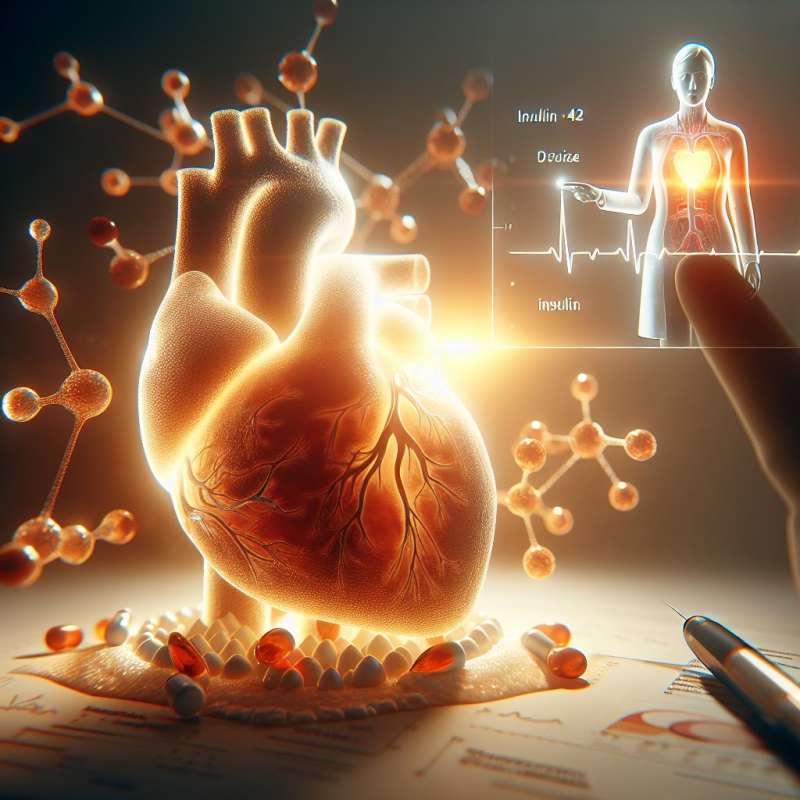
Introduction to Endocrinology
The endocrine system regulates vital processes via hormones. These chemical messengers maintain homeostasis, influence metabolism, growth, and even cardiac function.
Endocrine Heart Regulation
Heart function is tightly regulated by hormones. For instance, adrenaline increases heart rate and contractility, while atrial natriuretic peptide decreases blood volume and pressure.
Thyroid Hormone Influence
Thyroid hormones, T3 and T4, accelerate the heart rate and enhance contractility. They also promote vasodilation, reducing systemic vascular resistance and affecting blood pressure.
Cortisol's Cardiac Impact
Cortisol, the stress hormone, increases blood pressure and cardiac workload. Chronic elevated cortisol can lead to hypertension and increase the risk of heart diseases.
Insulin and Cardiac Health
Insulin has a cardioprotective role, improving coronary blood flow. However, insulin resistance, as seen in type 2 diabetes, can lead to cardiovascular complications.
Estrogen and Heart Function
Estrogen has a beneficial effect on the cardiovascular system. It helps in vasodilation, reducing the incidence of hypertension, and may lower heart disease risk before menopause.
Hormones and Heart Disease
Imbalances in hormones like aldosterone can lead to heart failure by causing sodium retention and potassium loss, affecting cardiac electrical activity and muscle function.
What maintains body homeostasis?
Adrenaline via heart rate
Hormones
Blood pressure changes
Company